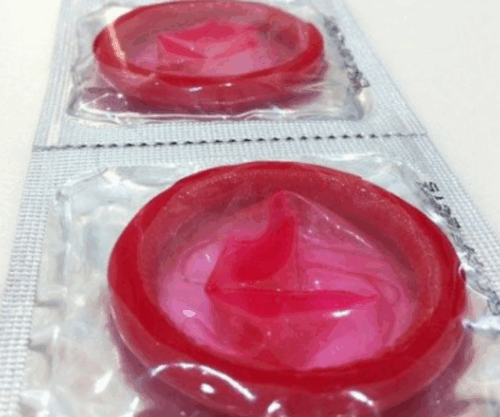
Located on the right side of the abdomen, the liver serves as an important organ in the body. Medical specialist Dr Barbara ‘Dr B’ Makumbi explains that the liver also has many unique functions, with certain factors causing one to contract liver disease. To avoid the diagnosis or manage the disease, Dr B has shared with BONA a few prevention tips and ways to treat it.
Functions
Regarding the functions of the liver, Dr B lists three:
- The liver stores substances like minerals such as iron and copper as well as fat and carbohydrates.
- The liver cleans the blood by detoxification of intrinsic and external toxins such as alcohol and medication.
- The liver produces substance such as bile, albumin, hormones, clotting factors, cholesterol, and glucose.
Causes, signs and symptoms
Delving into the causes, Dr B states, “Chronic liver disease has a spectrum of stages. We will mainly talk about cirrhosis which is the final stage for a wide variety of liver diseases.” She continues, “When liver disease is first diagnosed, the liver may not be fibrotic or scarred. As it progresses, the liver develops fibrosis or scarring, shrinks and becomes hard.”
Examples of the causes of liver disease include alcohol, chronic viral hepatitis (for example, hepatitis B and C), autoimmune hepatitis (genetic), non-alcoholic liver disease or fatty liver (which is fat infiltration of the liver in patients with increased risk, such as obesity or diabetes), drug-induced liver disease (occurs from certain medications, toxins, or supplements), inherited liver disease (haemochromatosis or Wilson’s disease), and HIV-related liver disease.

A way to tell that you might have liver disease can be seen with the following symptoms: jaundice (yellowing of the eyes and skin), easy bruising, poor wound healing, red palms, extreme fatigue, abdominal pain, abdominal swelling (ascites) and often body swelling, and lastly, confusion (Dr B notes that this may manifest as sleep disturbances and forgetfulness, progressing thereafter).

How can people prevent liver disease?
“Prevention of chronic liver disease depends on the cause,” states Dr B. “In general, if a patient has early liver disease, we want to slow down its progression. In the early stages, some of these causes are reversible.”
Providing a few examples, Dr B explains that alcohol-related liver disease can be reversed if the affected individual stops drinking completely. While fatty liver can be reversed with lifestyle modification and loss of weight.
“Many of the liver diseases have chronic medication that can be taken to prevent progression. Therefore, regular doctors visits and compliance to medication will slow down or even stop progression of the illness,” states the doctor.
How can people treat liver disease?
It is important to note that treatment of chronic liver disease requires close follow ups with a medical doctor, although, with all diseases in medicine, lifestyle modification is key.
Says Dr B, “One’s dietary intake needs to be adjusted in liver disease, especially for those with ascites or water in the abdomen. Decreased salt intake is important too, meaning no added salt to food that is cooked, minimising take-aways, and trying to maintain a healthy diet.”
Furthermore, there are also specific medications available, and it is important that a patient is compliant with these and their visits, concludes Dr B.





